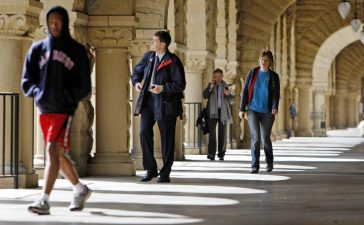My friend Graham Kent, who has died from motor neurone disease aged 71, was a senior civil servant specialising in the legal aspects of serious fraud.
He joined what is now the Department for Work and Pensions in 1987 as a legal adviser, and spent the rest of his career there, partly as a prosecutor of serious fraud but also advising on the drafting of regulations on discrimination and freedom of information. He was also active in the First Division Association, the trade union for senior civil servants.
Graham was born in Westminster, London, to Dorothy (nee Thom), an under secretary at the Department of Employment, and Eric Kent, an assistant secretary at the Home Office. He went to the King’s College school in Wimbledon before studying history and then law at Magdalen College, Oxford, where he was active in the Labour club and president of the junior common room.
After reading for the bar and going through pupillage at Devereux chambers in London, in 1977 he took a job as a lecturer, and then senior lecturer, in law at Liverpool Polytechnic (now John Moores University) and became active in the local Labour party during its struggle in the early 1980s against Militant.
He returned to London in 1986, and the following year, after a brief period at the Crown Prosecution Service, joined the DHSS (later the DWP), where he spent the rest of his career until retirement in 2015.
Outside work Graham was an officer in the Territorial Army and chair of Dulwich Labour party in south east London. He was also twice attorney general to the Order of St John.
Sometimes Graham could come across as intellectually austere – he was drawn to the democratic Marxist tradition, to Calvinism and to the vistas of cosmology – but he was outgoing and astonishingly good company nonetheless – quietly witty and a connoisseur of whisky and wine.
His forensic intelligence made him ferocious in argument, but that was tempered with an honesty that made him capable of accepting he was wrong. He was both a passionate European and an old-fashioned patriot: one of the ways the latter manifested itself was through his love of cricket – he was a member of three county clubs and the Association of Cricket Statisticians.
Graham’s interest in Indian history led him to travel extensively in the subcontinent. In retirement he became reviews editor of, and wrote extensively for, the Journal of Historic Buildings and Places: his last contribution was an article on the architectural historian Nikolaus Pevsner, whose books he had collected from adolescence.
He is survived by his wife, Marice (nee Morris), whom he married in 2006, and his sisters Pippa and Judith.











